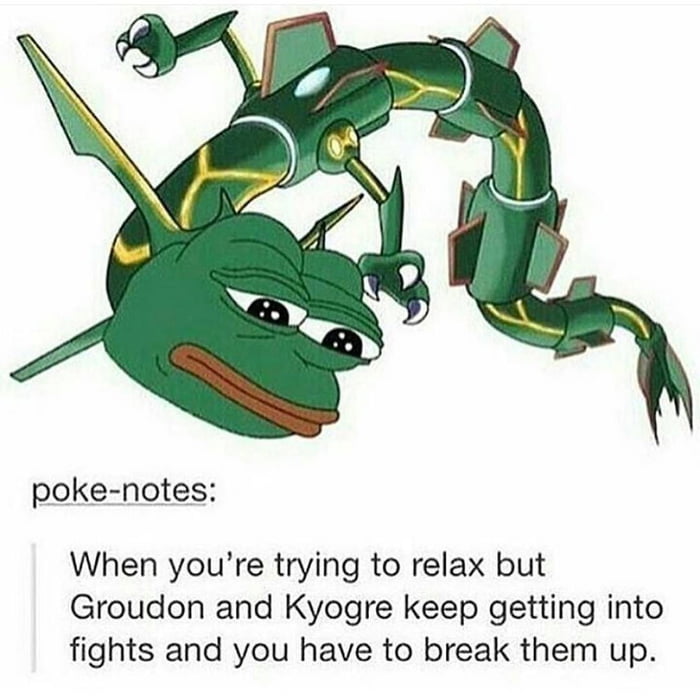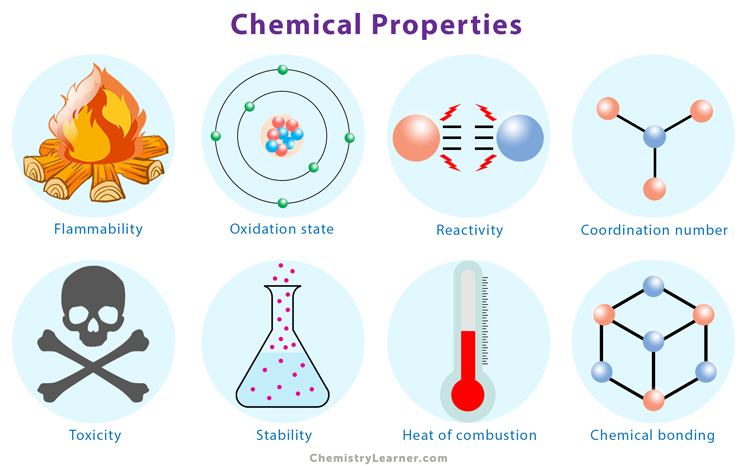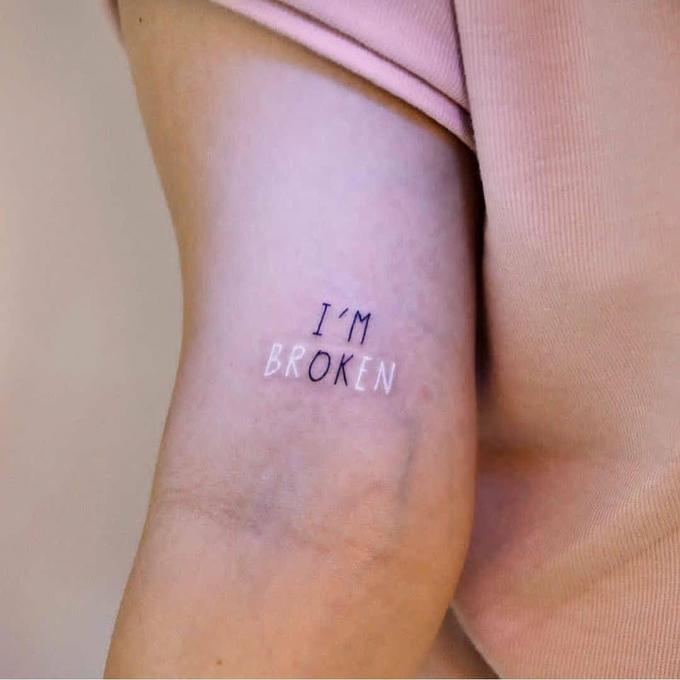Try to relax
Three reasons why you feel stressed when trying to relax – and what you can do about it
Have you ever tried to relax, only to find yourself overwhelmed with feeling stressed and having negative thoughts? Turns out a lot of us experience this – which is why some have coined it “stresslaxing”.
Even though stresslaxation is a new term, it describes relaxation-induced anxiety which has been studied for years. This is shown to happen to between 30% and 50% of people when they try to do relaxing things, causing symptoms of stress (such as rapid heart beat or sweating).
It’s paradoxical, given people who experience stresslaxation may need to do something relaxing to de-stress. This can turn into a destructive, vicious cycle where they can’t alleviate the stress they’re experiencing – which could result in having more negative emotions and panic attacks.
Not everyone will experience stresslaxation. Some research even suggests people who have anxiety may be more prone to it. But here are just a few of the other reasons why it happens – and what you can do to get over it.
1. You’re denying you’re stressed
Pretending that a problem doesn’t exist – also known as denial – is one of the least effective coping strategies for stress. In the case of stresslaxing, this might be denying you’re stressed to begin with.
Short periods of denial can actually help us adapt to change. For example, denial can help a person cope with their emotions after experiencing the death of someone close. But when denial is used frequently to deal with daily stressors, it can leave people feeling perpetually stuck in a rut.
When you’re in denial, your body continues sending stress signals in order to prompt you to take action and resolve your problems. This is why attempting (and failing) to relax instead of actually addressing the causes of your stress can make you feel more stressed out.
Here’s how to fix this:
- Acknowledge that the stress symptoms can be helpful.
 Your body is trying to alert you that a problem needs fixing, so it’s activating all its physiological resources to help you do this. For example, an increased heart rate helps your body carry more oxygenated blood to your brain, so that your brain can come up with a solution quickly to the problems that are causing you stress.
Your body is trying to alert you that a problem needs fixing, so it’s activating all its physiological resources to help you do this. For example, an increased heart rate helps your body carry more oxygenated blood to your brain, so that your brain can come up with a solution quickly to the problems that are causing you stress. - Write down your deepest thoughts and feelings associated with your stress. This will help you understand the source of your stress so you can tackle it. For example, there’s little point in doing meditation daily to de-stress if the cause of your stress is being overworked. In this case, actually speaking with a manager or colleague to adjust your workload would do more to help relieve your stress than relaxing activities might.
- Think outside the box. When we’re stressed, we might only think certain activities (such as meditation or exercise) can help us relax. But speaking to friends or family, or using an app or online resource, might be a better way to address your stress and help you feel better.

2. You’re worrying about what other people will say
Most of us have something we’re passionate about – whether that’s our work or even a hobby. But the reason you’re motivated to do these things is important.
Some people pursue their passion because they want to – whether that’s to improve themselves or learn a new skill. But others may only pursue their passion because they want recognition from other people. People with certain personality types may be more prone to obsessing over their passion. Others may simply follow a certain pursuit to get praise from their colleagues or even to prove their worth to friends or family.
The problem with pursuing a passion for the wrong reason is that it can cause a person to push themselves to the limit – which could mean working despite being sick, or not taking time off to de-stress. This can make it difficult and stressful to relax – like you’re wasting time that could be spent pursuing your passion when you try doing relaxing things.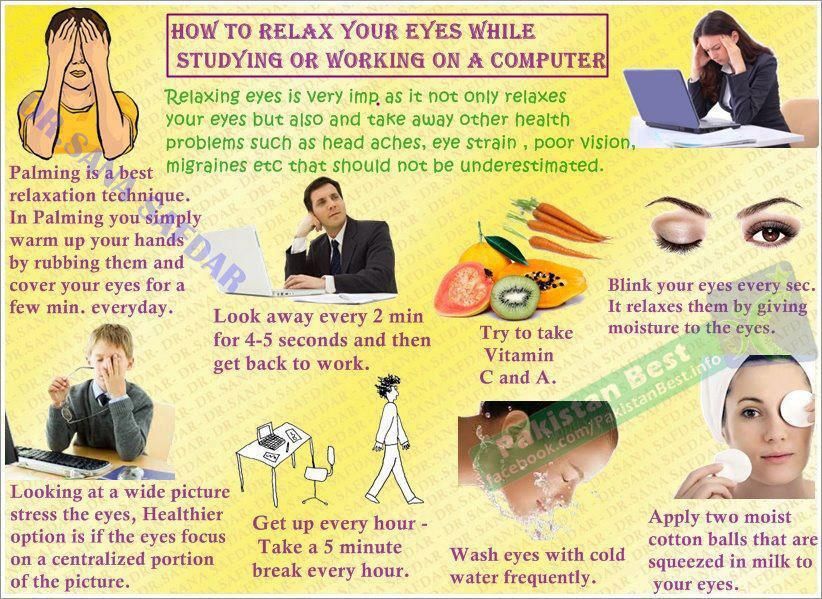 You might even be worried that people will think badly of you for taking time off. Ultimately, this can negatively affect wellbeing.
You might even be worried that people will think badly of you for taking time off. Ultimately, this can negatively affect wellbeing.
For people who feel like this, taking a short “mental break” from what you’re passionate about may be helpful. The break doesn’t have to be long, nor does it have to involve doing something you necessarily see as relaxing. But taking even short breaks may help you to eventually feel that it’s okay to take time away from your passion every now and again to de-stress and relax.
3. You can’t make up your mind
When making a decision, some people can’t help but explore all possible options available to them – known as maximising thoughts. This can even happen when trying to pick something relaxing to do. Even after picking something, you may instead think about the other options, wondering if something else would’ve helped you feel more relaxed.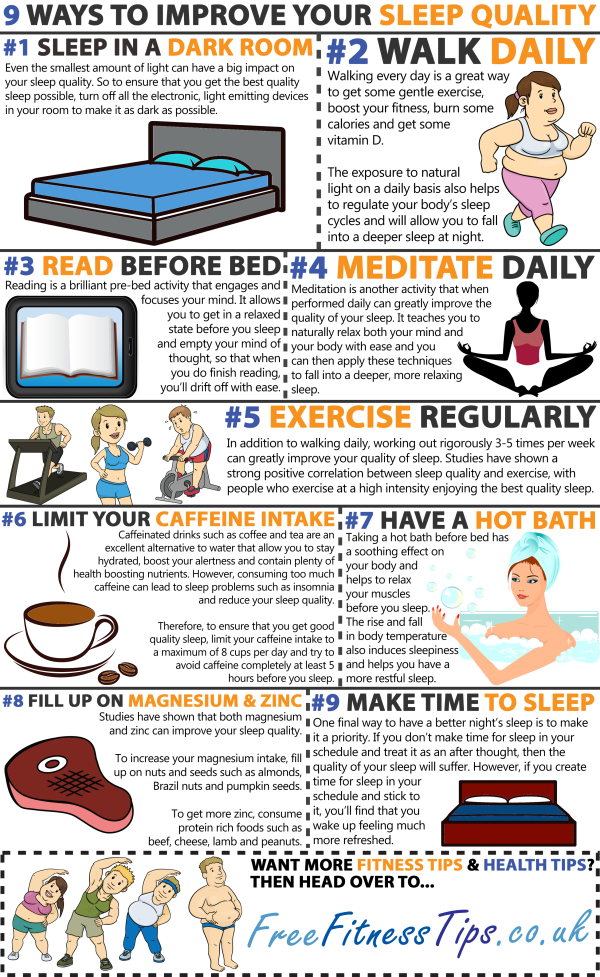 So instead of relaxing your mind, you’re stressing yourself even more.
So instead of relaxing your mind, you’re stressing yourself even more.
Unfortunately, maximising leads to self-blame regret, no matter what option we choose. It’s also sometimes associated with lower wellbeing.
For a person who has a habit of maximising, they may be thinking of all the other things they have to do that day instead of actually relaxing – which may lead to feelings of stress.
Here’s how to work through this:
- Limit the number of decisions you need to make on the day you want to do something relaxing. Or even plan when you’re going to do something relaxing (such as watching a movie or meditating) and how long you’re going to do it for. This may make it easier to relax when the time comes as you’ll know you aren’t putting other things off.
- Remember why you’re trying to relax. Your health is important, so remembering this may help you feel less stressed while trying to do a relaxing activity.
On the bright side, even if relaxation causes anxiety, it can still have a positive effect on mental health – and may even help you grow as a person. The most crucial thing is finding a relaxing activity you enjoy. Whether that’s cooking, gardening or even running, it’s important that it helps you switch off from your day’s stress.
The most crucial thing is finding a relaxing activity you enjoy. Whether that’s cooking, gardening or even running, it’s important that it helps you switch off from your day’s stress.
Beat Stress in as Little as Five Minutes
Your inbox just loaded with several emails marked urgent, you’ve a project deadline by EOD, and your mom just called to find out if chicken is gluten-free. It would be an understatement to say your nerves might be a little jangled.
Before you go all Jessie Spano, a few minutes might be all you need to chill and regain your focus.
We’ve rounded up 40 ways to relax and relieve stress, fast.
1. Get your green tea on
This herbal tonic gives you the benefits of L-Theanine, a chemical that can help reduce the body’s stress responses White DJ, et al. (2016). Anti-stress, behavioural and magnetoencephalography effects of an l-Theanine-based nutrient drink: A randomised, double-blind, placebo-controlled, crossover trial. DOI: 10. 3390/nu8010053. Plus just staring at a mug of the green liquid on your desk might calm you, too, thanks to the earthy color’s ability to soothe vKurt S, et al. (2014). The effects of color on the moods of college students. DOI: 10.1177/2158244014525423.
3390/nu8010053. Plus just staring at a mug of the green liquid on your desk might calm you, too, thanks to the earthy color’s ability to soothe vKurt S, et al. (2014). The effects of color on the moods of college students. DOI: 10.1177/2158244014525423.
2. Chillax with some chocolate
When you need a quick break, break off a square of dark chocolate to boost your brain health and reduce stress Berk L, et al. (2018). Dark chocolate (70% organic cacao) increases acute and chronic EEG power spectral density (μV2) response of gamma frequency (25–40 Hz) for brain health: enhancement of neuroplasticity, neural synchrony, cognitive processing, learning, memory, recall, and mindfulness meditation. DOI: 10.1096/fasebj.2018.32.1_supplement.878.10. As an added bonus, dark chocolate is lower in sugar than milk chocolate, but it hits the sweet tooth sweet spot.
3. Help yourself to a little honey
The amber elixir from our buzzy friends may help relieve anxiety, fight off depression, and even protect the brain Rahman MM, et al. (2014). Neurological effects of honey: Current and future prospects. DOI: 10.1155/2014/958721.
(2014). Neurological effects of honey: Current and future prospects. DOI: 10.1155/2014/958721.
Drizzle honey in your tea, coffee, yogurt, or just go straight for the jar with a spoon. The sweet stuff also works for a quick energy boost.
4. Go tropical
Take a five-minute break to peel, slice, and bite into a juicy mango. Weird fact: Mangos contain a compound called linalool, the main ingredient in lavender essential oil. And you know what lavender does — ahhhhh. It may reduce stress and anxiety de Cássia da Silveira e Sá R, et al. (2017). Analgesic-like activity of essential oil constituents: An update. DOI: 10.3390/ijms18122392.
5. Chomp some chewing gum
Maybe you’re stuck in annoying traffic, frantically cleaning the house before your in-laws show, or hammering out that final term paper. Chewing gum is an easy way to keep the stress monster at bay while potentially boosting your mood and productivity Allen AP, et al. (2015). Chewing gum: Cognitive performance, mood, well-being, and associated physiology. DOI: 10.1155/2015/654806.
DOI: 10.1155/2015/654806.
6. Crunch and munch
Instead of clenching your jaw, may as well put it to work. Trail mix, an apple, or some celery sticks provide a satisfying crunch to curb your spiral.
7. Meditate
No need to go on a week-long silent retreat with zen-looking yogis to snag some serenity. It doesn’t require completely clearing your mind, either. You can meditate in as little as one minute with visualization techniques. Give it a go before that meeting where you know Gretchen’s going to get on your nerves.
8. Get your head below your heart
Put your head between your knees, or stand and hang your head and arms toward your toes. Getting your noggin below your heart has restorative effects on the autonomic nervous system (ANS), lessening your reactivity to the fight-or-flight response Papp ME, et al. (2013). Increased heart rate variability but no effect on blood pressure from 8 weeks of hatha yoga – a pilot study. DOI: 10.1186/1756-0500-6-59.
9. Connect with your breath
You’re probably already breathing — unless you’re holding your breath. We tend do that when we’re in a tizzy. Whether you’re holding in your air, taking shallow sips of it, or hyperventilating, you might be adding to the stress response in your body.
The good news is that taking slow, full breaths can calm you. Try a quick breathing exercise to get back to a more relaxed state.
10. Give yourself a squeeze
You know how your cat will go all rigid for a second, tensing all those kitty muscles and then relaxing them? That looks kind of good, right? Well, you can try it too — or a version of it anyway.
Progressive relaxation involves tensing and releasing muscles, body part by body part. You may not have time to do your whole frame in five minutes, but just arms, shoulders, neck, and head will suffice.
11. Say your ABC’s backward
Nope, it’s not an IQ test, but it is a strangely reliable way to chill. Saying the alphabet in reverse temporarily shifts your focus from worrying about your upcoming date or pending performance review. It’s fine to play tricks on yourself once in a while. Counting backward can also do the trick.
It’s fine to play tricks on yourself once in a while. Counting backward can also do the trick.
12. Visualize what you want or need
Creative visualization is a mindfulness exercise developed by Shakti Gawain in her book Creative Visualization. The technique involves mentally imagining what you want to happen in your life, or how you want to feel. It can slay stress fast.
13. Close your peepers
A little darkness behind your lids can help shut out the external factors causing you trouble. Stressors may look a little different when you open your eyes, ready to face the world again.
14. Massage your hands
Rather than wringing your hands with worry, treat them to a little TLC instead. Just a five-minute hand massage could help relieve anxiety, one study shows Nazari R, et al. (2012). Effects of hand massage on anxiety in patients undergoing ophthalmology surgery using local anesthesia. DOI: 10.5681/jcs.2012.019.
Rub your favorite cream into your palms. Massage each joint and the webbing between each finger. Clench and release your fists. Then flex your wrists. The stretch will help relieve tension from endlessly tapping at your keyboard or scrolling through your phone.
Massage each joint and the webbing between each finger. Clench and release your fists. Then flex your wrists. The stretch will help relieve tension from endlessly tapping at your keyboard or scrolling through your phone.
15. Try acupressure
When you’re already stressed, the last thing you might want is more pressure. But acupressure may help alleviate anxiety, according to a recent study W H Au D, et al. (2018). Effects of Acupressure on Anxiety: A systematic review and meta-analysis. DOI: 10.1136/acupmed-2014-010720.
Acupressure is like the non-poke-y version of acupuncture. It aims to stimulate the body’s natural healing processes. Use your fingers to find the two divots where your neck muscles attach to your skull. Press firmly for 15 seconds to relieve neck tension.
16. Roll a tennis ball under your feet
Borrow Fido’s gross toy for just a minute, unless it’s got slobber on it. A lacrosse or golf ball will do the trick too. Gently roll the ball under your arches, stopping to apply more pressure when you find a tender spot.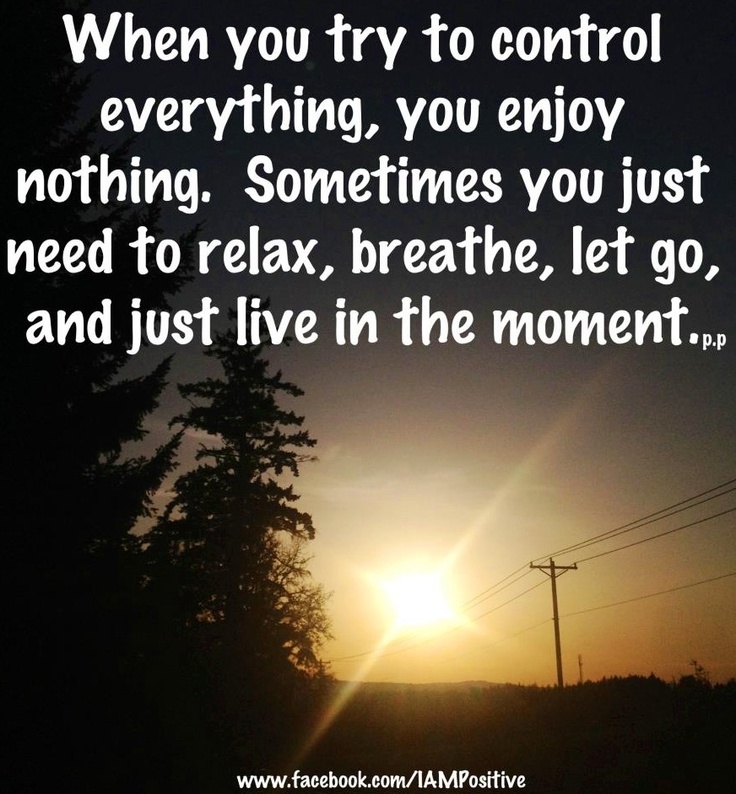
17. Take your frustration out on a stress ball
It’s OK to be angry at times. Stress can bring on rage, and what’s important is how you deal with that fiery emotion. It might be tempting to throw your laptop out the nearest office window or lay on your horn in traffic, but squeezing a stress ball is a safer — and cheaper — option.
18. Splash cold water on your face
Head to the loo and turn on the cold tap. Cool your hands and face with H2O and dab some on your pulse points. Cold water has an energizing effect. But it can also calm you if you’re body temp is rising after a sticky convo with your partner or a beef with your boss.
19. Massage your scalp
Is your to-do list making you want to pull your hair out? Hair tugging is actually a massage therapy technique that can help reduce head tension and bring on relaxation. Pull your hair gently so that you feel the scalp lift slightly. Follow up with a light massage of the scalp.
20.
 Find some alone time
Find some alone timeA hot soak in the company of bath bombs and candles might sound perfect, but any space that gives you privacy will work. All you need is five minutes of alone time to get you a wee bit closer to calm.
21. Zen out and zone out
If your cubicle is less than calming, take a minute to find a spot that is. Sit beneath a tree, for example. If you can’t escape, add something soothing to your space. Maybe that’s an aromatic cup of herbal tea or a cozy sweater. Or just focus on your potted plant for a spell and breathe.
22. Get some rays
Need a slightly sunnier outlook? Seek out some natural light — no not the beer. Sunlight, whether through a window or outside, can douse your worries An M, et al. (2016). Why we need more nature at work: Effects of natural elements and sunlight on employee mental health and work attitudes. DOI: 10.1371/journal.pone.0155614.
23. Stare out the window
Give yourself permission to do absolutely nothing but gaze. Looking at nature scenes like trees and public parks can be more relaxing than staring at a tech screen. But even if nature is nowhere near, just viewing the outside world for a few minutes might get you out of your own head.
Looking at nature scenes like trees and public parks can be more relaxing than staring at a tech screen. But even if nature is nowhere near, just viewing the outside world for a few minutes might get you out of your own head.
24. Wrangle clutter
If you’re feeling scattered, it could be because clutter has taken over. Sort the files on your computer desktop. If you’re not at work, do a five-minute refresh of whatever space you’re in for a new outlook. Maybe that just means making the bed.
25. Put your feet up
If you’ve been sitting all day, the “legs up the wall” yoga pose will rejuvenate sluggish calves or feet and much more. The restorative effects of the posture can help settle both body and mind.
26. Stretch it out
You don’t need a 90-minute yoga session to reap the benefits of stretching. You can do it when you’ve got to stay put anywhere or when you’re on the go.
27. Get your heart rate up
The hustle and bustle of the day can you leave you feeling burnt out. Getting the blood and endorphins flowing can reinvigorate you to tackle whatever task is at hand.
Getting the blood and endorphins flowing can reinvigorate you to tackle whatever task is at hand.
Bust out some burpees, jumping jacks, or push-ups. Or just jog in place. Even brief bouts of exercise can help beat stress.
28. Go for a stroll
Walk to the coffee shop for your favorite pick-me-up, or take Fluffy out to stretch his legs. A quick cruise around the block combines exercise with a change of scenery for a double whammy against worry.
29. Write it down
Putting your feelings on the page provides an outlet for what’s on your mind. Try journaling about debt, work worries, or even peeves about your partner or roommate. Seeing the words might just give you a new perspective.
30. Listen to your favorite tunes
Surely you have a Spotify playlist to pep you up or soothe your soul. Crank it. Just listening to music has relaxation benefits, one study shows Linnemann A, et al. (2015). Music listening as a means of stress reduction in daily life. DOI: 10.1016/j.psyneuen.2015.06.008.And if you’re not going to bug anyone else, go ahead and sing along. You know you want to.
DOI: 10.1016/j.psyneuen.2015.06.008.And if you’re not going to bug anyone else, go ahead and sing along. You know you want to.
31. Bust a move
Losing yourself in the beat can help you shake stress off. Plus, dancing gets the blood flowing for a reenergizing rush of oxygen.
32. Do a crossword puzzle
Number 10 across: Anxious, overwhelmed, or freaked out (seven letters). If you guessed “stressed,” you’re in good shape to kill it at a crossword. Brain games that require concentration can take your mind off whatever’s eating you.
33. Smell the flowers
Really, stop and sniff ’em. Keep a fresh jar of your favorite variety near your workspace or in the living room, and take a whiff whenever stress strikes.
34. Try aromatherapy
It takes just a minute to drip some lavender, frankincense, or another essential oil into a diffuser. Or, mix a few drops into your favorite carrier oil (such as jojoba), rub into your hands, and inhale. The soothing scents may help send stress and anxiety packing by stimulating receptors in the nose that connect to the part of the brain that regulates emotions.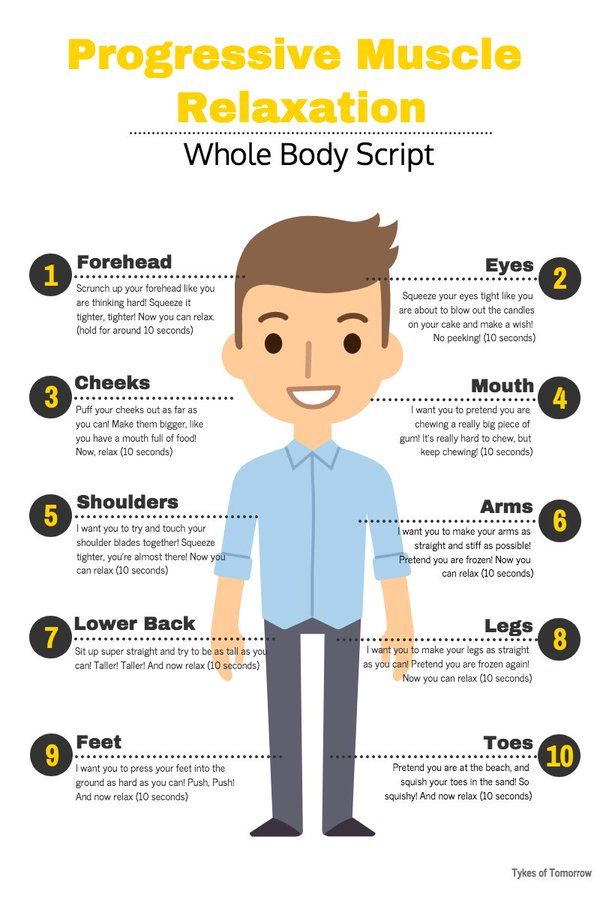
35. Sniff citrus
Head for the crisper. The odor of sweet orange can help decrease symptoms of anxiety and improve mood, research shows Dosoky NS, et al. (2018). Biological activities and safety of citrus spp. essential oils. DOI: 10.3390/ijms19071966. Take your time and peel a nice juicy one for a dose of calm.
36. Brew some beans
Wake up and smell the cortado or head to the break room to get your bean on. Just the odor of coffee can make you feel better — not to mention the caffeine. And the act of making it or standing in the latte line temporarily pulls you away from whatever’s causing you stress.
Don’t have too much of course, or you’ll go from jazzed to jitters.
37. Cuddle with a furry friend
Schedule some immediate hang time with your four-legged bestie. Pets can boost self-esteem and even ease the sting of social rejection.
38. Laugh
Cue up some YouTube videos. Nothing busts a bad mood quite as well as the giggles.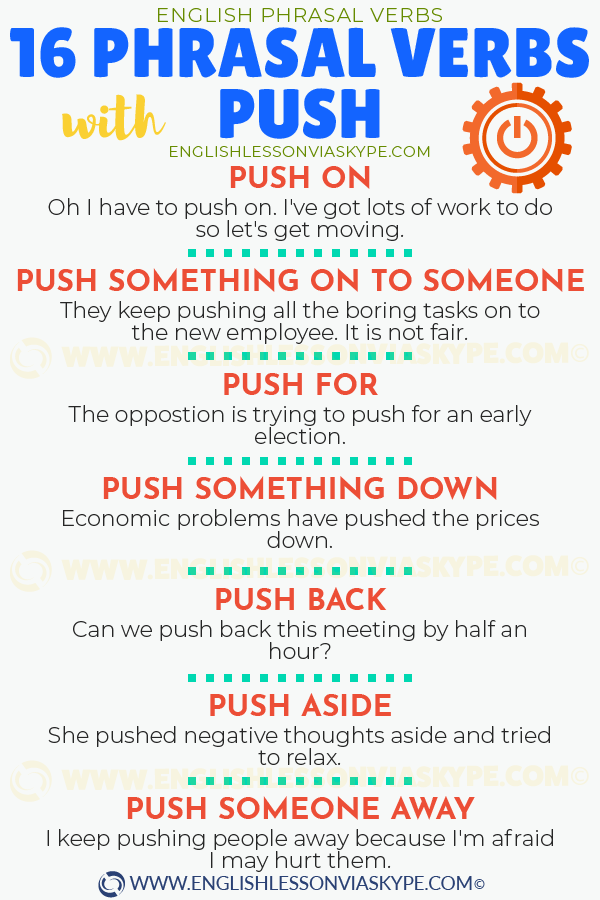 Even science says laughter is the best medicine. But you can see for yourself. Get a load of these fitness-obsessed felines for a few chuckles.
Even science says laughter is the best medicine. But you can see for yourself. Get a load of these fitness-obsessed felines for a few chuckles.
39. Talk to a pal
Talking out your feelings with a ride-or-die friend can put your mind at ease and let you know someone genuinely cares. If you’re pressed for time, even a quick back-and-forth text session can be a lifeline.
40. Start planning some time off
Crashing waves, warm sand, a gentle breeze ruffling your hair. Well, at least the image is nice. Take a break from work and browse for vacation spots. Part of the fun is planning the trip, anyway. Plus, knowing you’ll get an escape soon can help you power through a tough time.
If that beach vacay — or even a staycay — isn’t on the hook right now or soon, you can still find stress relief in just five minutes whenever you need it.
But living in a perpetual state of stress isn’t sustainable. So be sure to schedule longer respites too when you can. Snag 30 minutes at the gym or a grab brunch with your BFFs, whatever gets you to the right level of chill.
How to relax and calm down, effective ways - MyGenetics Blog
How often have you caught yourself thinking that you are tired and cannot fully relax even on weekends? Most likely, this is a consequence of constant stress and loads that the body can no longer cope on its own. To avoid overwork, you need to understand how to learn to relax psychologically and physically, without losing working capacity.
Even in the most difficult and difficult moments, being able to relax means giving yourself the opportunity and the way to build a defense against stress. This will help to get rid of many problems of modern people. Insomnia, headaches and migraines, weakening of the immune system. Each of the points is most often caused by general fatigue of the body. nine0003
To understand how to learn to relax, you need to understand the causes of stress. This will help you quickly learn to activate internal forces and be calm more often. To do this, it is not at all necessary to visit a specialist's office or expensive salons for relaxation. It is enough to understand how to negotiate with your own body.
It is enough to understand how to negotiate with your own body.
What is the ability to relax
Often people forget how important it is to give yourself a break. The ability to relax physically and emotionally is a useful function of the body, which can be forgotten over time. Especially if you have been under constant stress and conflict for a long time. nine0003
Internal problems cannot be resolved if you do not know how to relieve stress without resorting to the help of a psychologist. Nevertheless, there are such ways of relaxation, and there are many of them. It is enough to find a suitable option for yourself and do not forget to use it from time to time.
The ability to disengage from unpleasant surroundings and thoughts - this is the ability to relax. You can do this almost anywhere where you can retire for a few minutes. Failures, problems and other negativity will gradually recede from you. nine0007
Why am I tense
The reasons why you experience constant stress and fatigue can be very diverse. The most frequent of them are:
The most frequent of them are:
- overload at work;
- conflict situations on the street and at home;
- financial difficulties and unforeseen situations;
- stress from bad news;
- nervous tension from constant noise; nine0024 frequent negative thoughts.
As a result, a lot of negative energy accumulates inside you. She presses not only psychologically. Instinctively, your body tries to protect itself from the influence of negativity. As a result, you get tight muscles, poor sleep and constant tension in the body.
Residents of megacities are more likely to be affected by stressful situations. This is due to the increased speed of life, which is why it is so important to be able to relax quickly without wasting precious time. Otherwise, your body will not be able to cope even with everyday activities. nine0007
How to relax properly
To combat fatigue and overexertion, it is not enough just to sleep or lie down with your favorite book. Yes, and most often it is problematic to find time for such a vacation. However, there are ways to get rid of stress in a very short time. It is easy to learn to relax during the working day. At the same time, you do not lose your efficiency and can quickly return to the ranks of your colleagues.
Yes, and most often it is problematic to find time for such a vacation. However, there are ways to get rid of stress in a very short time. It is easy to learn to relax during the working day. At the same time, you do not lose your efficiency and can quickly return to the ranks of your colleagues.
When there is a lot of free time, it is worth using it to the maximum in order to bounce back. So you can not only fully get rid of overload, but also teach the body to deal with stress at any time. The technique of performing actions for rest, by the way, does not require special skills and abilities. Therefore, you can safely proceed to improve your well-being and strengthen the nervous system. nine0003
Stress relaxation techniques
Do you understand that it is difficult to restrain negative emotions rushing out? This is the first sign of overwork and excessive stress. If suppressed in oneself, such manifestations can develop into depression and other mental illnesses. But you can’t openly pour out anger and fear, especially in a crowded place. There are methods to deal with piled overvoltage quickly:
But you can’t openly pour out anger and fear, especially in a crowded place. There are methods to deal with piled overvoltage quickly:
- Identify the cause of your stress. Understanding the cause of such an unpleasant state is the first step towards peace. Can't figure out what's really bothering you? Ask yourself the question "Why?" And for each answer, ask again “Why is that?”. This will help you get to the bottom of the true cause of the condition. nine0025
- Try to remove all negative thoughts from your mind and focus on any pleasant event in your life. The more vivid the memory, the better.
- Do some simple exercise. For example, jumping or waving your arms. This will help the body effectively deal with the stress hormone.
- Breathe deeply. Inhale the air, filling yourself with it from the bottom up (from the stomach to the chest), and exhale vice versa, from the top down. nine0036
- Focus more on positive thoughts, or better yet, write them down.

- pick up a few favorite natural fragrances and inhale them a couple of times a day for 5-6 minutes.
- learn to value your opinion above someone else's, you should not depend on what people think.
- Feel the heaviness. Lie down as comfortably as possible and close your eyes. Make yourself feel completely at peace and calm. Then focus on making the left hand feel heavy. Bend your elbow and take two deep breaths in and out. Then repeat the same, but with the right hand. nine0025
- The next step is the same exercise, but with the heaviness replaced by a feeling of light warmth. It is important to really feel the mental projection.
- Place your hand on your heart and confidently say in your mind that your heartbeat is even and calm. This should be repeated four times.

- Control your breathing. As in the previous step, repeat in your mind that your breathing is calm and light.
- Relax the abdominal muscles and feel the warmth in the solar plexus area. After a while, you will feel like you are in a hot bath. nine0025
- To end the exercise, focus on the thought that your forehead is cool and the breeze is blowing on it.
- “Now I know for sure that I can quite cope with all the stresses. I never really suffered from them, now I know for sure that it is in my blood.”
- “I have always wondered why I react so sensitively to any adversity. But it turned out that I have little stress resistance in the genes. I will do more of myself in this direction.”
- “Did a DNA test out of interest. I am quite pleased with the results, everything is about average. Not good and not bad, and there is room for improvement.” nine0025
- JOURNAL
- Shop
- RE‑BUY nine0025
- TELEGRAM
These simple actions will not relieve you of overload completely, but will give you the opportunity to calm down for a while. Later, at home in a calm environment, you can use a more effective method of relaxation.
Later, at home in a calm environment, you can use a more effective method of relaxation.
How to learn to relax psychologically
Your subconscious is quite capable of coping with any load. You just need to be able to activate the defense mechanisms. Meditation and proper breathing will help you with this. It's not as difficult as it might seem. nine0003
Choose a time when you can be alone with yourself. Sit in the lotus (if you can) or half lotus position. It is important to keep your back straight so as not to prevent the lungs from being completely filled with air. Close your eyes and breathe slowly and measuredly. Try to imagine a calm, peaceful place, such as the sea or a field. Make yourself feel like a light wind is blowing in your face. It brings favorite smells, pleasant and unobtrusive.
How to relax emotionally
Most of our problems are internal. They do not allow you to fully rest and relax properly. It is very difficult to get rid of negative thoughts and emotions. However, it is very important to learn how to do this in order to ensure inner harmony and peace.
However, it is very important to learn how to do this in order to ensure inner harmony and peace.
Do not look for causes of stress in your environment and try not to think badly even about the most unpleasant circumstances. Train yourself to be an optimist and find the good in everything. Got laid off at work? This is your chance to find something you love. Wet in the rain and caught a cold? So there was time to devote the day only to yourself and finally read a new book. nine0003
How to relax the body with meditation
The ability to relax completely can be obtained not only during a massage session. Although this method is undoubtedly very effective. Meditation helps to achieve the optimal balance between inner peace and relaxation of the body. This greatly increases the body's chances of resistance to the surrounding negativity.
For a full-fledged meditation, it is worth allocating at least 20 minutes a day. At this time, no one should disturb or pull you. Avoid excessive noise, but you can turn on the music. It is worth choosing calm melodies, without sharp transitions. A slow rhythm will help you better coordinate your breathing. nine0003
Avoid excessive noise, but you can turn on the music. It is worth choosing calm melodies, without sharp transitions. A slow rhythm will help you better coordinate your breathing. nine0003
How to relax the brain
As you know, mental work much more often leads to exhaustion of the body than physical work. The reason is that the work of the brain involves too many nerve cells. And the longer you do not give yourself a break from the constant thought process, the stronger the impact of stress will be. You can’t overload yourself with problems and worries every day, while forgetting to rest.
How to give the brain a break from mental work, while not losing the ability to quickly respond to changing tasks? It is worth learning to protect yourself from bad thoughts. Yes, at first it is quite difficult to do this. But by practicing constantly, you will learn to let any negative thoughts pass you by without loading your brain: nine0003
Three simple steps that will successfully relax your head and relieve your brain of tension.
How to relax from stress
Faced with stress, many people are afraid of new actions and thoughts, which dooms themselves to constant fatigue. This problem needs to be solved very quickly, as it acts destructively on your subconscious. The researchers concluded that the female sex is more prone to stress than the male. Increased emotionality and a low psychological protective barrier affect.
How to relax a woman faced with stress, so as not to injure the nervous system anymore? Give yourself half an hour of rest a day. During this time, you should use breathing exercises, drink warm tea and think about your dreams. It is about dreams, not goals, which are easy to achieve with enough time and money.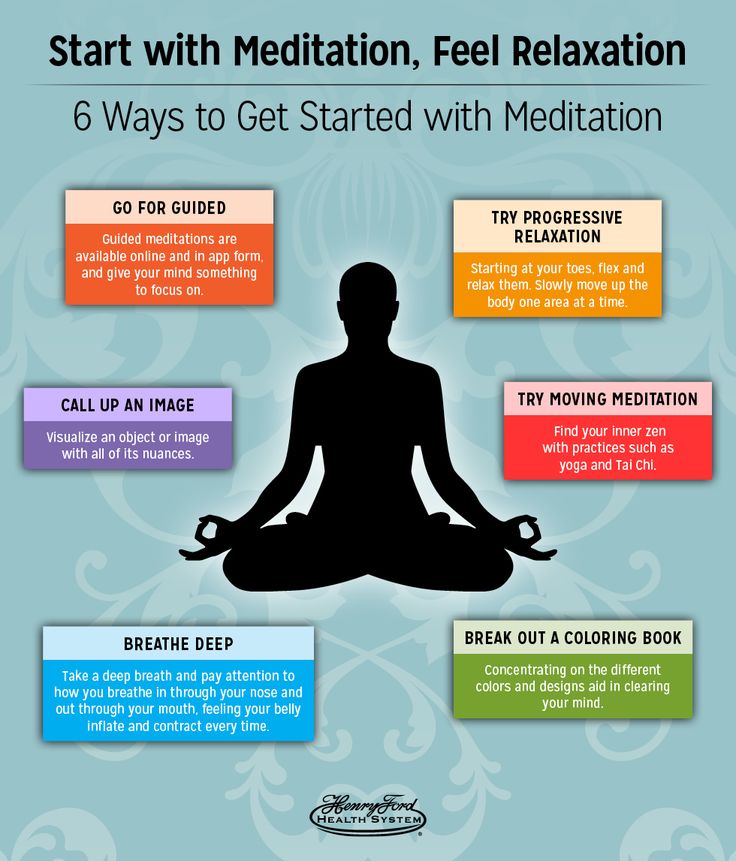 Every emotion you have at this moment should be filled with positivity and happiness. nine0007
Every emotion you have at this moment should be filled with positivity and happiness. nine0007
Schulz method
A successful practice in dealing with stress is the Schultz complex. This professor is fully convinced that every person has a certain degree of ability to hypnosis. And with the help of it, it is quite possible to fight overwork. You need to do this in several steps.
Breathing relaxation technique
It is worth understanding how to completely relax with the help of breathing. Yes, we breathe all the time, but only certain techniques will help to cope with overvoltage. First of all, remember that deep breathing should not be sharp, you need to inhale and exhale smoothly and slowly.
The topic of proper breathing is well known to those who practice yoga. It is in this teaching that it is well told how to breathe for the benefit of oneself. Do not be too lazy to pick up a few simple exercises for yourself and perform them daily. nine0003
DNA analysis
Scientists have found that the presence of a certain set of genes provides stress resistance. It is this mechanism that allows you to relax and avoid the critical state of overvoltage. To determine your level of preparation for the negative, you can do a MyNeuro DNA analysis. This will help to identify possible problems in the mechanisms of protection against stress and work to strengthen them.
Where to order a genetic test
Our center offers to carry out all the necessary genetic research. Thanks to modern equipment, you can find out the features of your body. Our experts will help you accurately decipher all the received data. Based on this information, it will be easy for you to determine your strengths and weaknesses, and choose a path for developing stress resistance.
Customer reviews
Those who have already done a DNA study speak of the benefits of such a procedure mostly positively: nine0003
4 SOS breathing techniques to quickly calm down • Combination
UNIONCreated with Sketch. UNIONNEW WORLD: HOW TO LIVE?
Author: Lola Gruzdeva
Pictures: Irina Butkovskaya
23 September, 2022
We continue to ask experts about what techniques can help calm down in difficult and stressful situations.
Lola Gruzdeva, co-founder of the SHOSS wellness school, shared with us some tips on how breathing can help you come to a more stable state. nine0003
To begin with, "breathe deeply" is the most idiotic advice for anxiety and stress. Not only does this not help, but it makes things worse. With the help of breathing, you can completely reconfigure your state: this is told at the school of scientific wellness SHOSS, where the doctor and trainer, Elizaveta Sidorenko, teaches scientific breathing without esotericism. The founders of the school gave some quick exercises to help with stress.
1.
Activate the parasympathetic nervous system in 10 seconds
Take one breath, which will take 10 seconds.
Choose a convenient number of counts: for example, for 5 counts - inhale, for 5 counts - exhale, or for 4 counts - inhale, for 6 counts - exhale, or for 3 counts - inhale, for 7 counts - exhale. The main thing is that everything fits in the top ten. Keep doing this for 10-15 minutes, this will increase the tone of the parasympathetic system (ed. note - the parasympathetic nervous system is responsible for the body to accumulate and restore energy reserves during sleep, rest and rest), that is, the anti-stress system. nine0003
note - the parasympathetic nervous system is responsible for the body to accumulate and restore energy reserves during sleep, rest and rest), that is, the anti-stress system. nine0003
2.
Breath holding and shallow breathing
Start breathing shallowly and be patient for a while. Take a superficial breath in and out, and then hold your breath for 3-5 seconds.
Continue doing this exercise for 10-15 minutes. So you will increase carbon dioxide in the body (approx. ed - breathing is carbon dioxide and oxygen). Carbon dioxide is our natural sedative, so increasing its amount in the body immediately calms us down.
During this exercise, you will feel as if you do not have enough air - this is absolutely normal: this happens because carbon dioxide has increased. You may also feel hot or warm in your chest or limbs. nine0007 For more information about how breathing and stress are connected, and how to calm down through breathing, we told in our audio guide "Introduction to Breathing".
3.
Slow but deep breathing
There is no secret here: breathe very slowly and deeply for 3-5 minutes. Do you think it's easy? Try it!
This is how we activate the pons (ed. note - a section of the brain stem that performs motor, sensory, integrative and conductive functions) - that part of the brain, which, among other things, is responsible for reducing pain and for anti-stress. The point is that in this part of the brain there is an apnestic (respiratory) center that regulates the depth of inhalation and exhalation. Fun fact: this part is also responsible for ensuring that when we inhale, we do not burst from the amount of air taken in. nine0003
4.
SOS method with stopwatch. Powerful but intense
Take out the stopwatch, breathe in and out normally. Hold your breath and measure how much you can endure as much as possible. After that, inhale and exhale again and hold your breath again, at least for the time that happened during the last delay, and better - more.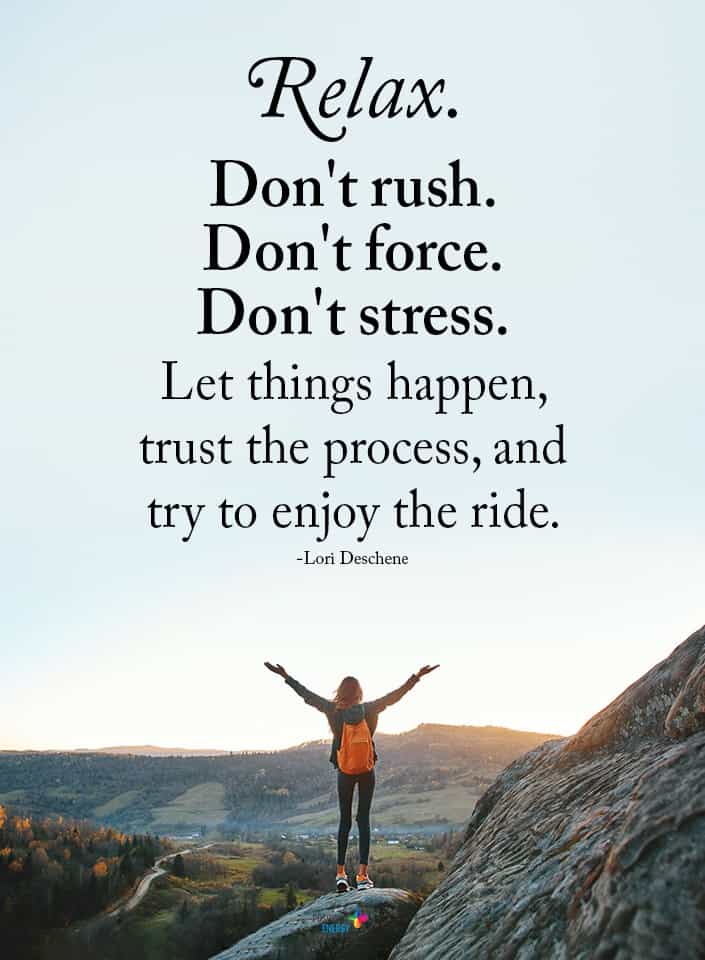 Repeat 5 times.
Repeat 5 times.
Try to relax while doing this exercise.
Instead of the conclusion
I would like to tell you that in just a couple of days of stress, a new “stressful” breathing pattern is formed in our body, which further provokes experiences at the physiological level. Thus, our body falls into a mutual responsibility of anxiety through its own breathing - it breathed for two days, as if under stress, and now the body has already adopted such a stereotype as everyday. Because of this, a serious condition can only worsen. To calm down, you need to change this stereotype and begin to control the command functions of your nervous system, which is affected by your breathing. nine0003
The SOS techniques described here, of course, will immediately help you calm down quickly, but this is a quick and short-term method. Breathing must be practiced regularly in order to influence this stereotype, which in any nervous situation tends to become wrong by itself.
Carbon dioxide calms the nervous system, expanding the walls of blood vessels and improving blood circulation, and also helps oxygen to better pass to cells and tissues.